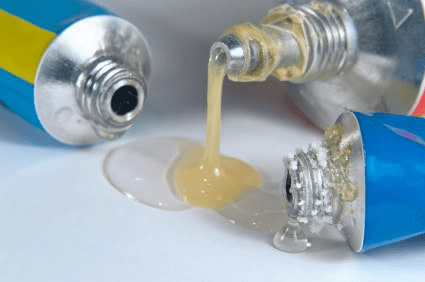RESULTS IN JUST 5 DAYS!
Biological Health Monitoring
Biological monitoring helps businesses to detect workers’ exposure to isocyanates and phenol. All coal mine workers who apply polymeric chemicals containing isocyanates must complete surveillance testing before starting work in an isocyanate process.
The purpose of routine health surveillance is to identify any changes from baseline at the earliest opportunity.
Polymeric chemicals may enter the body through more than one route of entry including inhalation, skin absorption and ingestion.
Who Needs Monitoring?
In Australia, health surveillance for isocyanates is legislated. If you use isocyanate-based products, you need a health surveillance scheme in place to monitor workers’ health at regular intervals.
Why CQ Rescue Health Services?
All proceeds from our monitoring service are donated to our region’s rescue helicopter meaning when you use our service, you are helping save lives.
We can come to your site and complete the test which means less downtime for your workers.
We understand that result turn-around times are critical for occupational health surveillance programs and we offer results in just 5 days allowing you to promptly implement corrective measures.
You will also receive complete traceability on all results via the laboratory portal.
We have partnered with a Queensland-based laboratory and use urine testing to assess the level of exposure to hazardous chemicals. Urine testing is a cost-effective, reliable and fast way to monitor workers’ health.
Isocyanates
Isocyanates, also known as diisocyanates (TDI, MDI and HDI) are a group of chemicals that are widely used in occupational settings. Isocyanates are present in
The production of polyurethane-base foams, adhesives, and coatings
Spray painting
In the automotive sector
The production of and in the mining sector
Breathing in these chemicals can lead to skin sensitization, respiratory issues, and occupational asthma.
Phenols
Phenol compounds are used as a general disinfectant, as a reagent in chemical analysis and for the manufacture of artificial resins, medical and industrial organic compounds and dyes.
Phenol is also found in
The manufacture of paints and paint removers
the creation of fertilisers and explosives
Textiles
Pharmaceuticals
Phenols can pose long-term health risks like vertigo, digestive difficulties, skin eruptions, nervous problems and headaches, and liver or kidney damage.
Reach out for more information
Contact us for more information on our biological health surveillance service.





